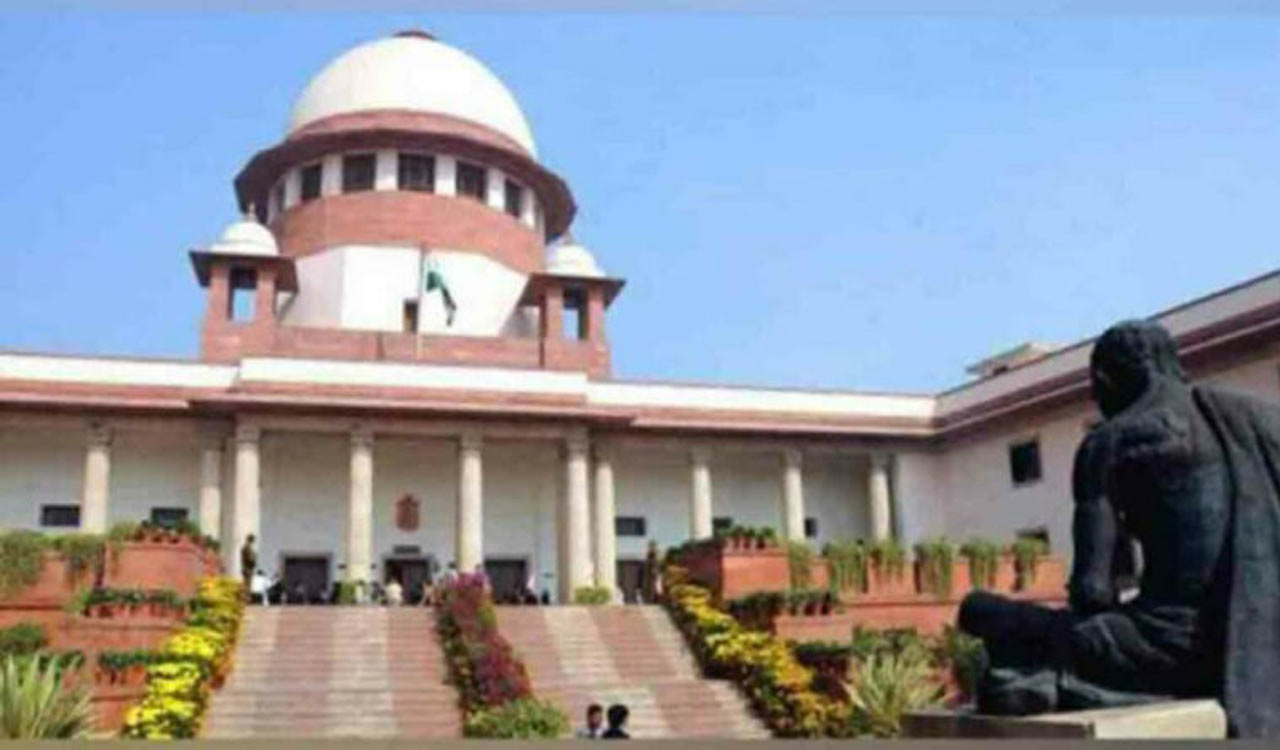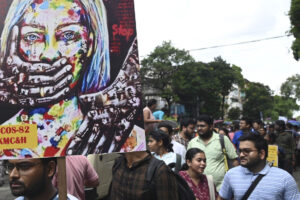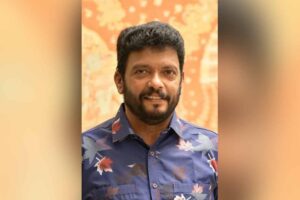Hyderabad: There were times when an elected public representative could switch loyalties and continue in that elected post without much hassles. However, recent Supreme Court judgments and directions, especially after 2020, have targeted such practices, making it tough for an elected representative to continue in his or her post after defecting. It was in May […]
Published Date – 29 January 2024, 08:40 PM

Hyderabad: There were times when an elected public representative could switch loyalties and continue in that elected post without much hassles. However, recent Supreme Court judgments and directions, especially after 2020, have targeted such practices, making it tough for an elected representative to continue in his or her post after defecting.
It was in May last year that the apex court passed a verdict hinging on the anti-defection law, after the Maharashtra political crisis case reached its benches. The verdict was to strengthen the hands of the speaker in deciding disqualification petitions under the anti-defection law, and putting the onus on the speaker to act without delay on such instances.
When the action was delayed in the Maharashtra case, the Supreme Court on October 30 set two deadlines for Maharashtra Assembly speaker Rahul Narwekar to complete the disqualification proceedings of members of legislative assemblies from the Shiv Sena and National Congress Party.
Taking note of the delay in the disqualification proceedings, CJI DY Chandrachud stated: “We don’t want these proceedings to keep wrangling till elections are announced.”
CJI Chandrachud also said the “sanctity of the Tenth Schedule has to be maintained” by the Speaker. The Tenth Schedule provides grounds for disqualification due to the defection of MLAs from one party to another.
Earlier, in its May verdict, a bench headed by the CJI said that by virtue of the exclusive power given to the speakers under the Tenth Schedule, they will be the authority to also decide whether to go ahead with a disqualification petition or not.
“The investiture of exclusive adjudicatory jurisdiction upon the Speaker to determine the complaints under the Tenth Schedule will entitle the speaker to rule upon and decide applications questioning their jurisdiction,” said the bench.
The Speaker acts in the quasi-judicial capacity of a ‘Tribunal’ while considering disqualification petitions, it noted.
In short, the Speaker cannot keep disqualification petitions pending for long and if he does not want to go ahead with it, should have proper legally substantiated reasons for doing so.
And if the Speaker dilly-dallies, the SC can intervene, as it did in 2020, when it stripped Manipur Cabinet Minister T. Shyam Kumar Singh, who was facing disqualification proceedings for defection, of his office and banned him from entering the Assembly with immediate effect.
This was after the Speaker ‘failed’ to decide, even long after the expiry of a judicial deadline whether the Minister had incurred disqualification for defection.




